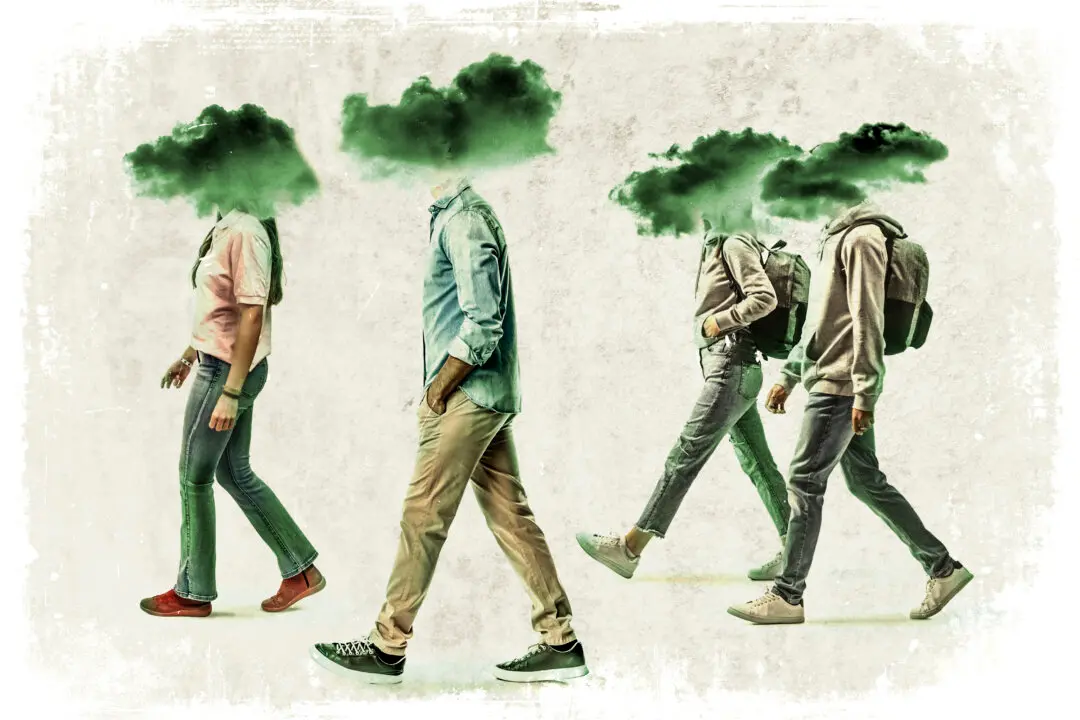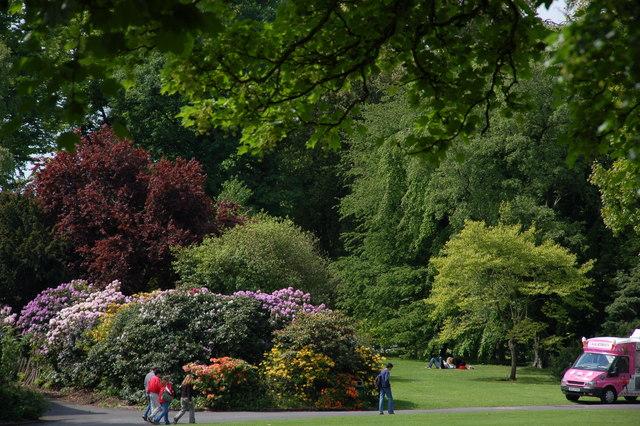The Persecution of Falun Gong
I.
Meditating group
One clear crisp day at Shanghai
In earth’s sunny loop
II.
What is Zhen-Shan-Ren?
Truth-Compassion-Forbearance
Refiner of men
III.
Police arrive there
Frosted breath flies from warped mouths
Evil spirits flare
IV.
The days, weeks, and months
Spent making dolls for export
With smiles on their mouths
V.
Torture in damp dark
Floods of blood and brainwashing
He floats on faith’s ark
VI.
Communist thinking
Godless junk and filth piled high
Leaves morals sinking
VII.
He floats to a shore
Where the soft sands of heaven
Disrupt his sweet snore
VIII.
Awake half-dead now
Joyous that earth’s red demon
Didn’t make him kowtow
IX.
The majestic sun
Behind a wall of gray smog
On a day soon done
A Catskills Trek
I.
Trees infused with mist
Enchant those just awakened
Before their breakfast
II.
A new mountain trail
On soft leaves of late autumn
Seems destined to fail
III.
The deer hunter’s tent
I thought I saw was a rock
Without an intent
IV.
From the mountain’s peak
Two pagodas stand like Gods
Who we humbly seek
V.
At Heaven I peek
A feeling a subtle glow
A name I can’t speak
VI.
Virtue’s lofty peak
Amidst unknown wilderness
That seems un-unique
VII.
Descending the cliff
A sheer drop to the bottom
Scares me slightly stiff
VIII.
Debris crumbles off
As I look for a new way
And try not to scoff
IX.
The narrow path leads
Down to a long shining lake
That reflects our deeds
Poet’s Note: The Haiku is a poetry form originating from 14th century Japan. The form is most commonly structured as a standalone poem with three lines that have five, seven, and five syllables (or short syllables), respectively. In this case, I have added a rhyme to the ends of the first and third lines. Further, while the Haiku above can each stand alone, each is also part of a larger story.




